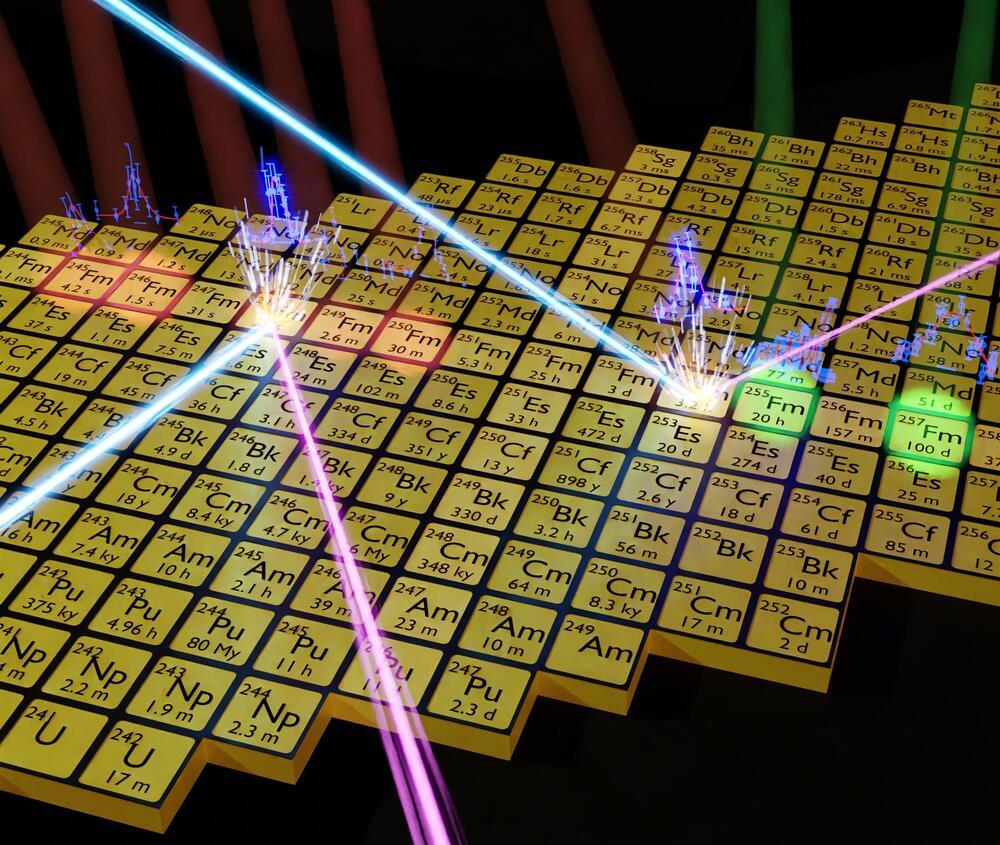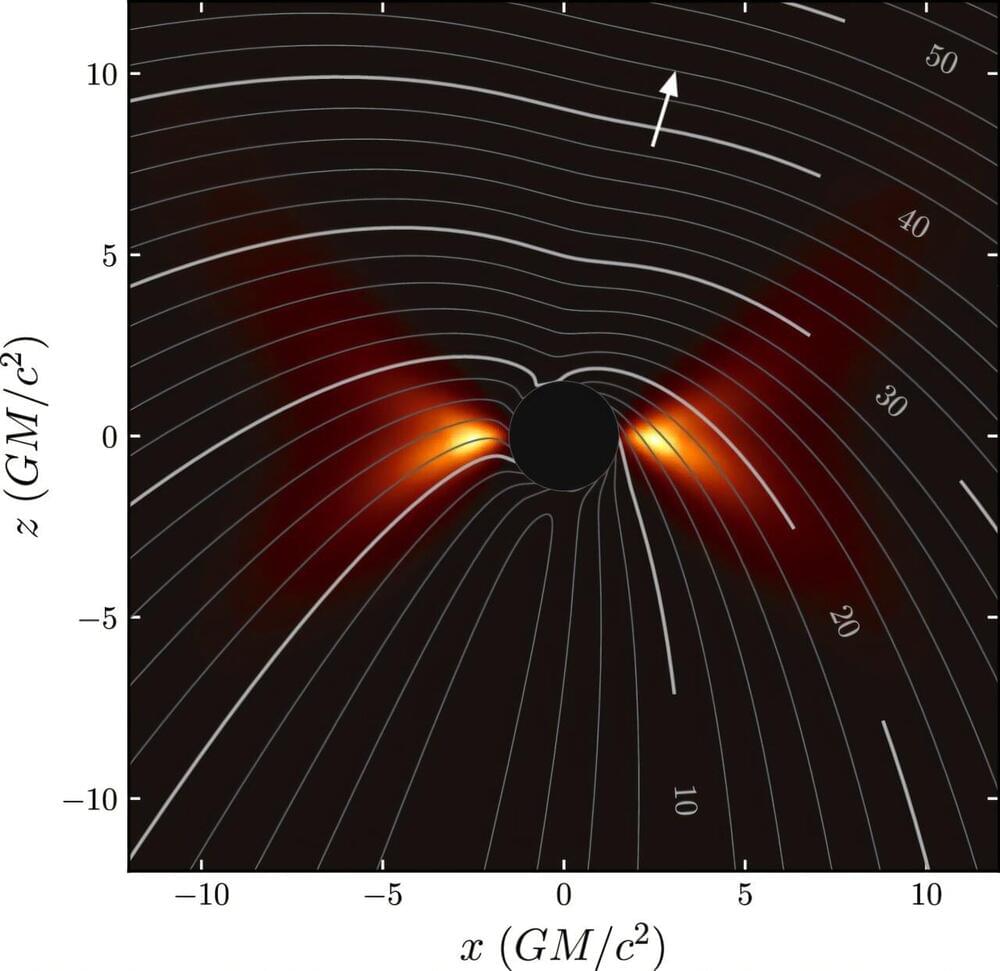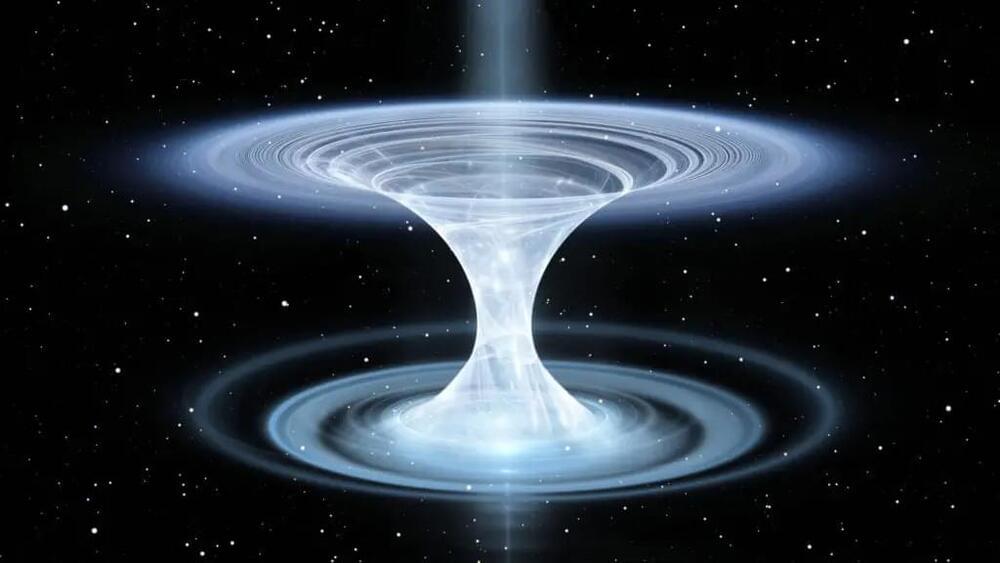Choanoflagellates, animals’ closest relatives, have pluripotency genes, reshaping views on their evolution.
The research highlights how evolution repurposes existing genetic tools, turning them into versatile drivers of innovation. This adaptability underscores how foundational processes in unicellular organisms laid the groundwork for the development of complex life forms.
Beyond rewriting evolutionary biology, the findings could revolutionize regenerative medicine. Understanding how ancient genes enabled pluripotency offers new pathways to refine stem cell therapies and enhance cell reprogramming techniques.
For instance, synthetic versions of these genes might outperform native animal genes, opening possibilities for more efficient treatments for diseases or tissue damage.





